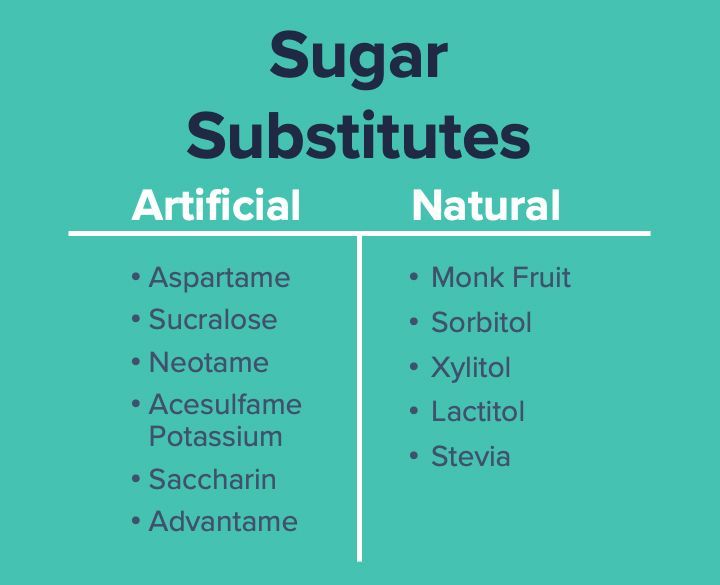Food is Medicine! This short statement could not be more true, and yet so many of us are caught in a cycle of unhealthy eating. The food we put into our bodies has a powerful effect on our overall health, so much in fact that many chronic medical conditions can be healed or reversed by a shift in our eating habits.
One way to start feeling better and improve your health is to participate in a sugar detox. Become more educated about the foods you eat so you can make informed choices about what you put in your body.
As part of our Summer Resource Guide, Empowered Health has curated a Sugar Detox roadmap to help you better understand the role of sugar in your overall health and well-being. You can download the full guide with recipes, a shopping plan, and actionable steps from our website: www.EmpoweredHealthInstitute.com.
WHY DO A SUGAR DETOX?
Reset taste buds and cravings
A sugar detox has numerous health and wellness benefits. One of the changes you may experience right away is a change in taste. Research has shown that a decrease in simple sugar consumption can change perceived sweet taste intensity.
This alteration in taste buds actually makes it easier to continue eating sweet-free the longer you continue, as your body can curb sweet cravings with foods that aren’t as high in sugar. For example, rather than needing to have a cookie to satisfy your sweet tooth, you can have an apple and get the same satisfaction.
Decrease insulin resistance
Another benefit of reduced sugar intake is a decrease in insulin resistance. Studies have shown that individuals with high insulin resistance have had success in reversing their resistance through the use of a low glucose diet, with some individuals even having up to a 52% improvement in their fasting insulin levels.
Further research suggests that replacing as little as 5% of an individual’s carbohydrate caloric energy intake with saturated fatty acids or polyunsaturated fatty acids results in a reduction in fasting insulin levels.
Increase awareness of symptoms related to hyperglycemia
Concerned you might have hyperglycemia or just want to know what to be on the lookout for? Here are some of the most classic symptoms:
• Increased hunger
• Increased thirst
• Increased urination
• Blurry vision
• Fatigue
• Headaches
WHAT ROLE DOES INSULIN PLAY?
On a molecular level, sugar (glucose) is required by the cells of our body for numerous tasks such as cellular communication and creating cellular energy. To move out of the blood stream and into the cells, however, glucose requires the hormone insulin to mediate entry via glucose transporters along the cell walls. Insulin is not only the key force in allowing glucose to enter the cells, but also has effects on the use, storage, and creation of glucose.
Insulin, for instance, can stimulate glucose uptake in muscle tissue for use in movement, or instead can send it to fat tissue for storage based on the body’s metabolic needs. In this way, insulin can regulate the body’s metabolic function by making sure glucose gets to the cells that need it, rather than having glucose absorbed by cells at random.
Sugar substitutes, equally impactful on insulin
Sugar free foods are often touted for their low-calorie count and sweet taste; however, these foods may not be as healthy as sellers would like you to believe. While you may not be eating the typical refined sugar found in other foods, sugar alternatives, or ‘fake sugars,’ have been found to have similar insulin responses from the body as regular sugar.

Insulin resistance—what is it?
Over time, the body can become resistant to insulin. This resistance is believed to be due to a breakdown of insulin signaling from cell receptors. Resistance to insulin can refer to many different parts of the body having resistance, but typically refers to when an optimal concentration of insulin in the body does not effectively transport glucose out of the blood stream, resulting in an abnormal glucose response. The side effects of insulin resistance vary by the organs and tissues concerned, meaning that various symptoms can be a sign of developing insulin resistance. Such symptoms include:
• Impaired fasting glucose
• Increased weight gain
• Weight gain in abnormal areas
• Vascular dysfunction
• Abnormal lipid panel lab results
• Hypertension
• Skin tags and lesions
• Female reproductive issues
Insulin resistance and elevated blood sugar: a vicious cycle
If left untreated, insulin resistance can cause prolonged hyperglycemia, or high blood sugar, which can have further detrimental effects on the body in addition to promoting progressive insulin resistance. This combination of insulin resistance and constant hyperglycemia is characteristic of type two diabetes. Metabolic syndrome, which is defined by elevated blood pressure, high triglycerides, elevated blood sugar, increased waist circumference, and low healthy cholesterol is understood to have the root cause of insulin resistance. Other disease processes that are linked to insulin resistance include coronary artery disease, polycystic ovary syndrome, and nonalcoholic fatty liver disease.
Learn more about sugar, how to detox from it, and how to make long-term changes to feel healthier, stronger, and more in control of your nutrition by downloading our full Sugar Detox Resource Guide on our website: www.EmpoweredHealthInstitute.com.
Dr. Schneider is the CEO and founder of Empowered Health, located on the Parkway in Richland. She is board certified in Internal Medicine through the American Board of Internal Medicine and has completed a fellowship in Integrative Medicine through the University of Arizona studying under Andrew Weil, MD. She has training through the Institute of Functional Medicine at Cleveland Clinic. Dr. Schneider grew up locally in Richland and graduated from Hanford High School. She received a Bachelors of Science in Biochemistry from Washington State University. She feels passionate about promoting health and enjoys working with patients to achieve their own health goals.


